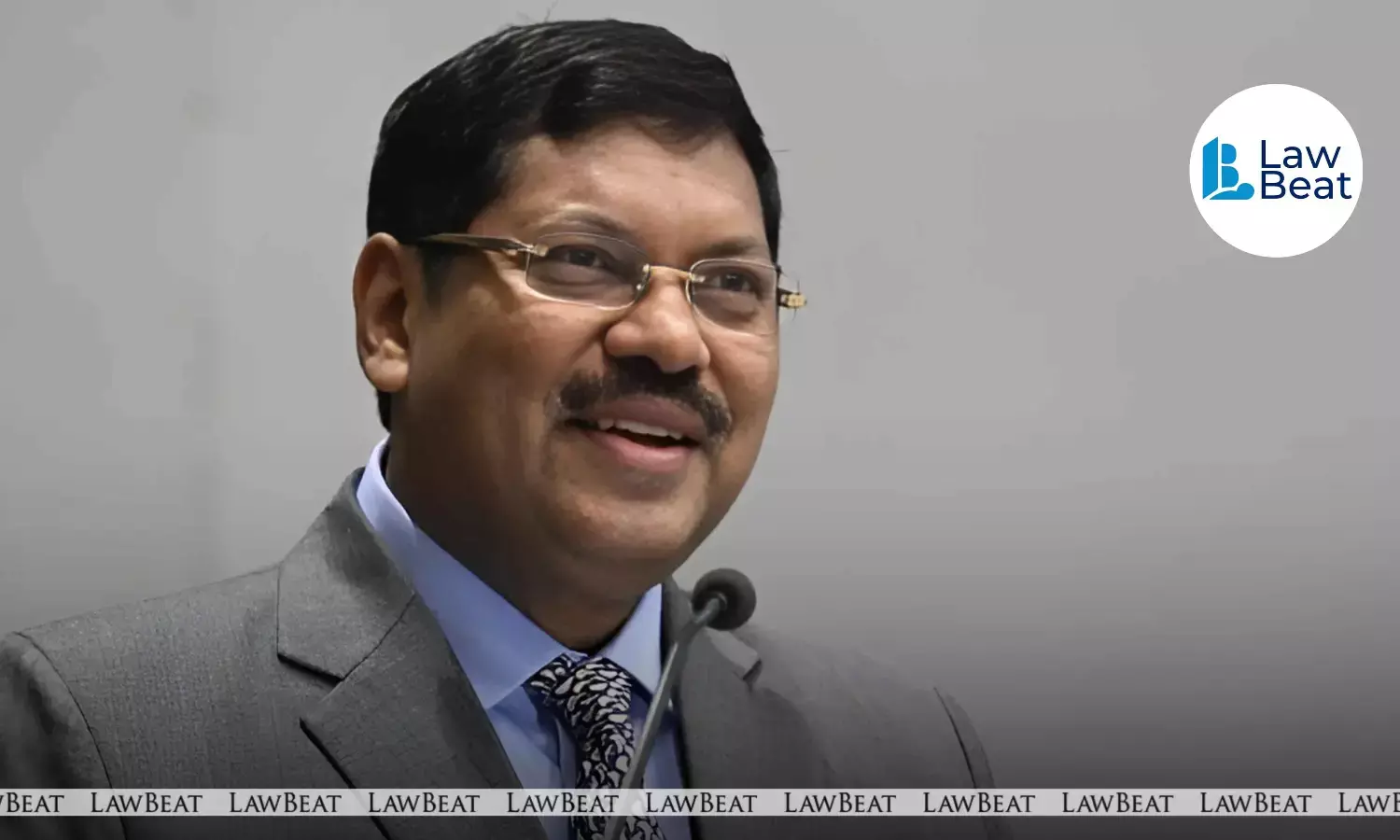CJI BR Gavai: Legal Education Must Democratise Access, Not Just Produce Lawyers

CJI Gavai delivered the Keynote Address at the 38th LAWASIA Conference held at Hanoi.
Chief Justice of India (CJI) B R Gavai on Wednesday said legal education cannot be confined to producing professionals for the bar and bench but must also create citizens committed to the constitutional ideals of liberty, equality and fraternity.
Speaking at the first Professor (Dr) N R Madhava Menon Memorial Lecture on “Legal and Justice Education @2047: An Agenda for 100 Years of Independence”, the CJI stressed that access to law and justice should become a lived reality for every citizen, not a privilege for the few.
“For far too long, geographical, economic and linguistic barriers have acted as formidable obstacles, keeping marginalised and vulnerable citizens distant from courts and legal institutions. Economic disadvantage often means that even when legal remedies exist, they remain unaffordable to those who need them the most,” he said.
Underscoring the need to reimagine legal education, CJI Gavai called for expanding its reach through technology, promoting instruction in regional languages, strengthening legal aid, and creating pathways for first-generation learners.
The CJI also flagged ethical responsibilities of law schools, saying they carry the duty to instil in every student a respect for constitutional values. He stressed the creation of research institutions to study emerging areas of law.
Acknowledging the transformative impact of the five-year integrated law programme and the National Law School model, CJI Gavai noted that “a recurring criticism is that the model has, perhaps unintentionally, channelled a majority of its graduates towards careers in the corporate sector.”
He emphasised that the true power of a legal professional lies “not merely in knowing the law, but in using that knowledge to uphold justice, protect democracy and stand unflinchingly for constitutional values in times of trial.”
In a related new, recently, the Speaking at the Nepal-India Judicial Dialogue 2025 in Kathmandu, the CJI had underlined that courts were tasked not only with resolving disputes but also with ensuring that principles of justice, equality, and human dignity were upheld in practice.
“In both countries, the judiciary serves as a bridge between the aspirations of the people and the ideals enshrined in the Constitution. It is tasked not only with resolving disputes but also with ensuring that the principles of justice, equality, and human dignity are upheld in practice,” he had said.
CJI Gavai had said that by interpreting the law in light of contemporary challenges, courts could guide governance, inspire public trust, and reinforce democracy as sustained not merely by institutions but by the values they embodied.
He had described the judiciary as both a “guardian and a catalyst,” safeguarding the foundational structures of society while encouraging reforms to strengthen its moral and ethical fabric.
Highlighting the evolving judicial role, he had said it had expanded beyond the strict application of statutory provisions to engaging with the deeper purposes and consequences of law. “Over the decades, this proactive role has become central to the judiciary’s identity,” he had observed.
Speech At: First Professor (Dr) N R Madhava Menon Memorial Lecture
Date of Speech: September 17, 2025
